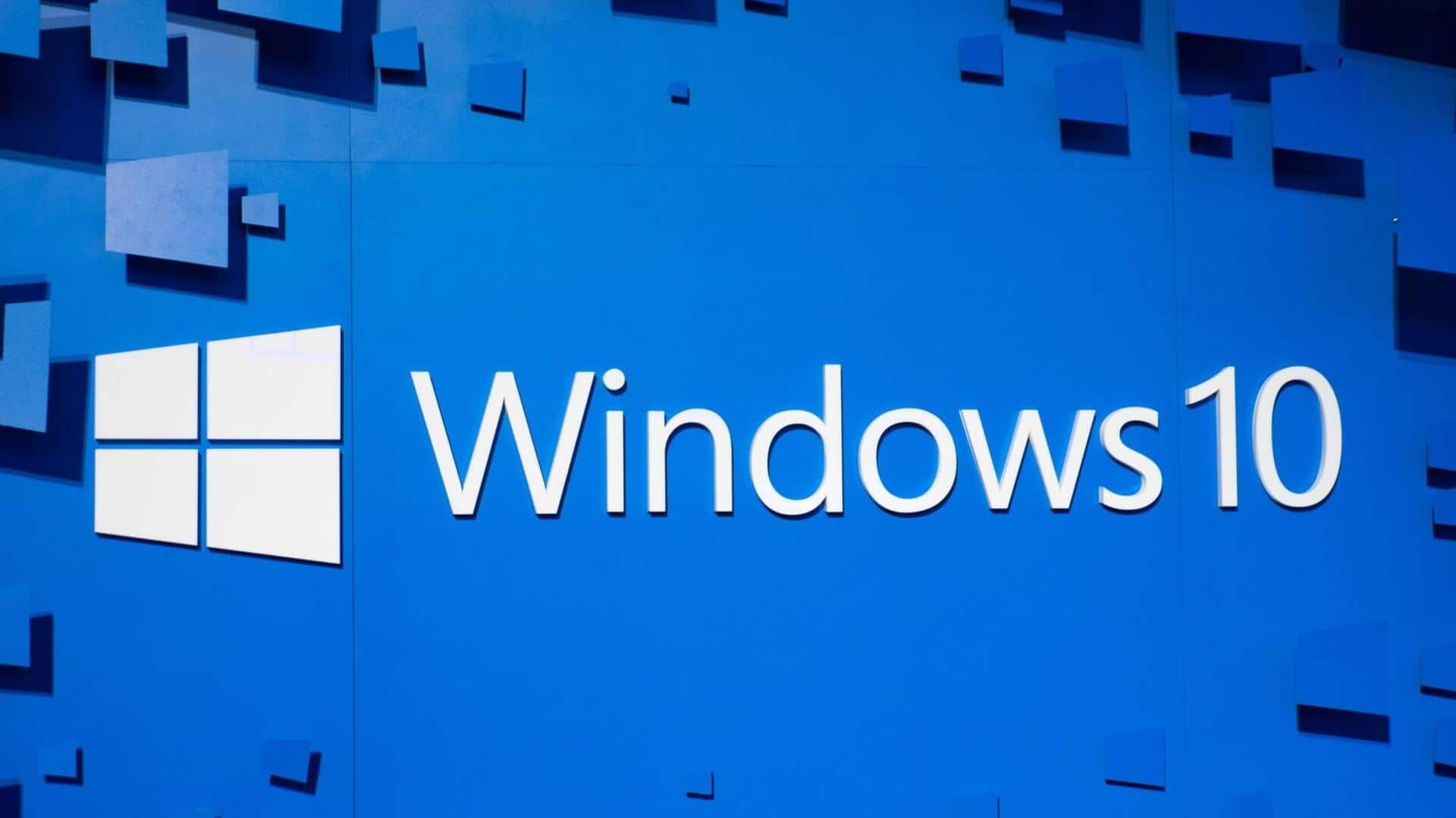
Windows 10 support ends October 14: What to do next
What's the story
Microsoft has announced that it will end support for Windows 10 on October 14, 2025. After this date, the tech giant won't provide any security updates, bug fixes, or new features for the OS. The move will affect millions of PCs around the globe still running on Windows 10. In a recent blog post, Yusuf Mehdi from Microsoft explained what this transition means and what users should do next.
User impact
What happens after October 14?
Mehdi assured users that their Windows 10 devices will continue to work even after support ends. However, he warned that these systems won't get security updates anymore. This could make them susceptible to security vulnerabilities, malware attacks, and compatibility issues. Without regular security updates, users could be more vulnerable to online threats while browsing or using online services.
Security exception
Microsoft Defender Antivirus will still receive updates
Despite the end of support for Windows 10, Microsoft will continue to provide security intelligence updates for Microsoft Defender Antivirus until October 2028. This is an effort by the company to give users some level of protection even after the main OS stops receiving updates. However, Mehdi clarified that this wouldn't be as comprehensive as what full operating system updates offer.
Upgrade option
Extended Security Updates (ESU) program
To help users transition to a new OS update, Microsoft has launched the Extended Security Updates (ESU) program for Windows 10. Starting October 15, 2025, users can subscribe directly through their device settings. For individual devices, there are three ways to access ESU: via Windows Backup (free), with Microsoft Rewards points (free), or an annual subscription of $30 per device.
Business charges
ESU pricing and options for businesses
For businesses, the ESU program will cost $61 per device per year, renewable up to three years. However, cloud-based setups like Windows 11 Cloud PCs and Windows 365 virtual machines will get ESU automatically at no extra cost. This program is designed for users who can't upgrade right away but still have a safety net until they're ready to transition.
Upgrade motivation
Windows 11 v/s Windows 10
Microsoft's decision to end support for Windows 10 is part of a larger strategy to get users on board with Windows 11 and newer Copilot+ PCs. The company claims that Windows 11 offers major improvements, such as 62% fewer security incidents, three times fewer firmware attacks, and up to 2.3x faster performance than its predecessor.